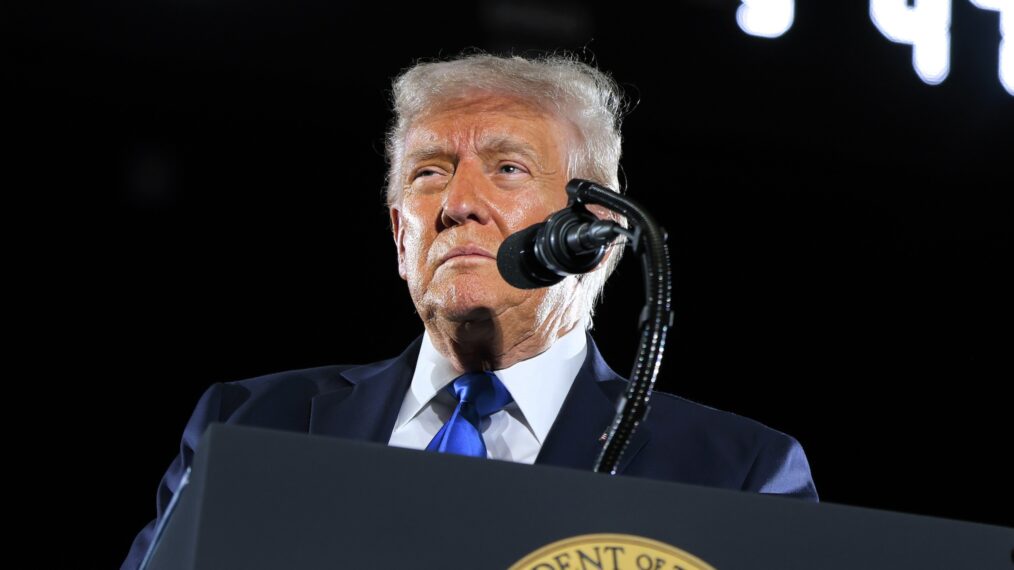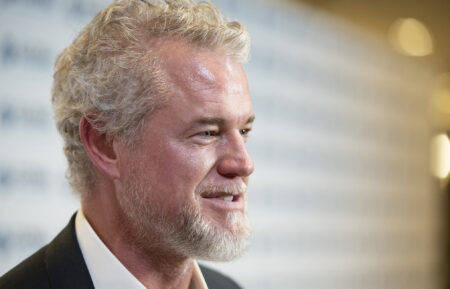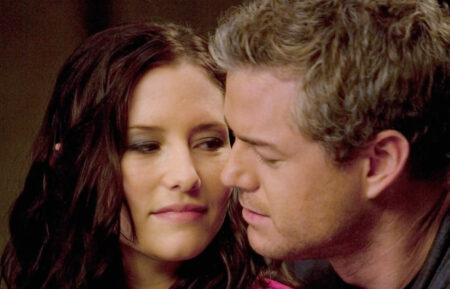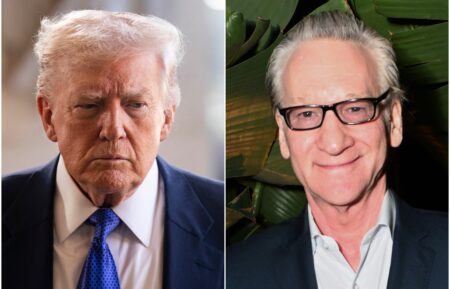Trump Cuts Federal Funding to PBS & NPR in Late-Night Executive Order

President Donald Trump has followed through on his promise to slash federal funding to NPR and PBS in a sweeping executive order signed late Thursday night (May 1).
NPR and PBS have long been targets of Trump, who referred to the networks as spreaders of “radical woke propaganda disguised as ‘news,'” who “receive millions from taxpayers.” Both networks receive partial funding through the Corporation for Public Broadcasting (CPB), which the President has now demanded to be stopped.
“Government funding of news media in this environment is not only outdated and unnecessary but corrosive to the appearance of journalistic independence,” Trump wrote in the order, per the New York Post.
He continued, “The CPB Board shall cease direct funding to NPR and PBS, consistent with my Administration’s policy to ensure that Federal funding does not support biased and partisan news coverage. The CPB Board shall cancel existing direct funding to the maximum extent allowed by law and shall decline to provide future funding.”
PBS, which airs much-loved shows including All Creatures Great and Small, Call the Midwife, Finding Your Roots, Grantchester, and NPR, have long faced criticism from Trump, who claims the networks are biased in their programming.
In March, Trump took to Truth Social, ranting, “NPR and PBS, two horrible and completely biased platforms (Networks!), should be DEFUNDED by Congress, IMMEDIATELY. Republicans, don’t miss this opportunity to rid our Country of this giant SCAM, both being arms of the Radical Left Democrat Party. JUST SAY NO AND, MAKE AMERICA GREAT AGAIN!!!”
Trump’s latest executive order also urged the CPB to cut indirect funding to NPR and PBS, including by “ensuring that licensees and permittees of public radio and television stations, as well as any other recipients of CPB funds, do not use Federal funds for NPR and PBS.”
He has given the CPB until June 30 to deliver on these orders.
NPR and PBS receive funding through various avenues. According to The Wrap, the media outlets receive approximately half a billion dollars in public funding, which amounts to a small fraction of total funding.
For example, 36% of NPR’s funding comes from corporate sponsorships, while 30% comes via fees paid by local public stations for access to NPR programming. Public funds received directly from the U.S. government amount to less than 1%.
The executive order comes after March’s special congressional hearing, held by Rep. Marjorie Taylor Greene (R-GA)’s DOGE Subcommittee to interrogate PBS and NPR executives over claims of bias against the Republican party.
At the hearing, Paula Kerger, president and CEO of PBS, defended the network’s output, saying, “PBS stations provide something that cannot be found on commercial networks. This is because PBS stations are focused on the needs and interests of the viewers they serve, especially in rural areas.”
PBS launched on October 5, 1970, as a free-to-air network and is best known for its educational programs, including Sesame Street, Magic School Bus, Mister Rogers’ Neighborhood, Reading Rainbow, and more. The network also hosts several news programs, including Frontline, PBS NewsHour, and Firing Line.
According to a report from Pew Research Center in March, only 24 per cent of Americans support cutting funding.







